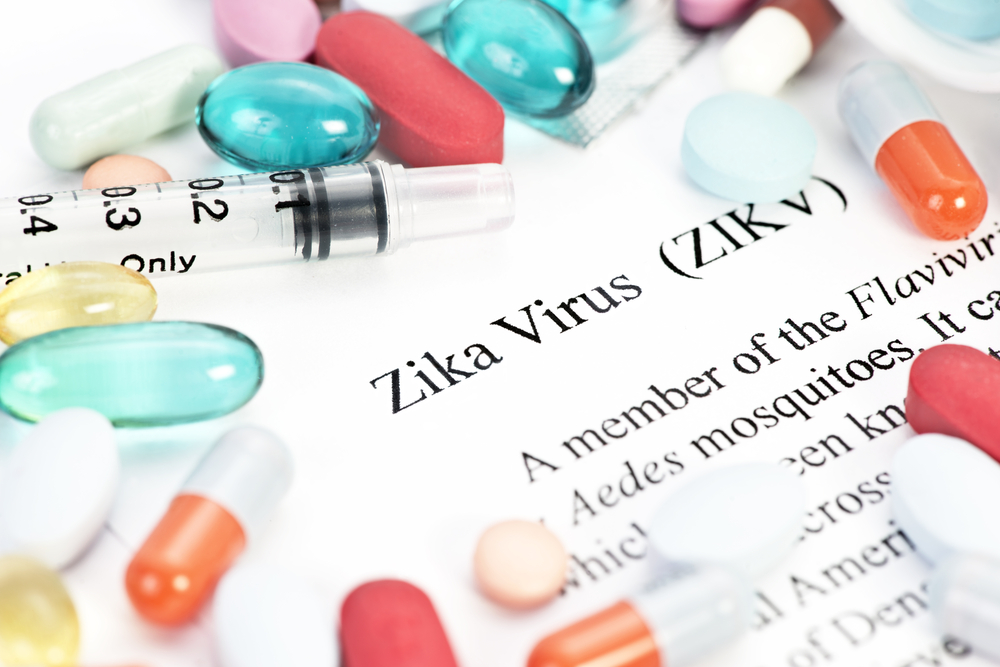
In the wake of a recent report by the U.S. Centers for Disease Control and Prevention (CDC), which found that Zika infection during any trimester of a pregnancy can lead to severe birth defects, the Association of State and Territorial Health Officials (ASTHO) called on public health leaders to remain focused on preventing the virus’ spread throughout the country.
The report, which drew data from pregnancy registries throughout various U.S. territories and Pacific freely-associated states, found that 5 percent of women who were infected with the virus during their pregnancy had a baby or fetus with Zika-related birth defects. The finding was consistent with a previous CDC study on birth outcomes from Zika-infected pregnant women.
“ASTHO commends Congress for providing supplemental funding for FY17 to ensure rapid response capabilities to address the Zika crisis and health officials are concerned by the President’s FY18 proposed budget cuts to the CDC and other federal agencies that support public health efforts, including Zika response,” the organization said in a statement. “ASTHO urges Congress to provide adequate funding in the FY18 appropriations bills to address this ongoing public health threat in our states and territories.”
With the data gathered from the report, states and territories alike can now start the process of developing preliminary estimates of risk for each trimester of a Zika-related pregnancies.
According to the report’s findings, approximately one in twelve women had a baby or fetus with Zika-related birth defects during the first trimester. During the second trimester, approximately 5 percent of women had babies or fetuses with Zika-related effects. For the third trimester, approximately 4 percent of women experienced virus-related effects on their babies or fetuses.
CDC funding to states and territories for Zika-related birth defect surveillance is set to expire on July 31, 2017.




